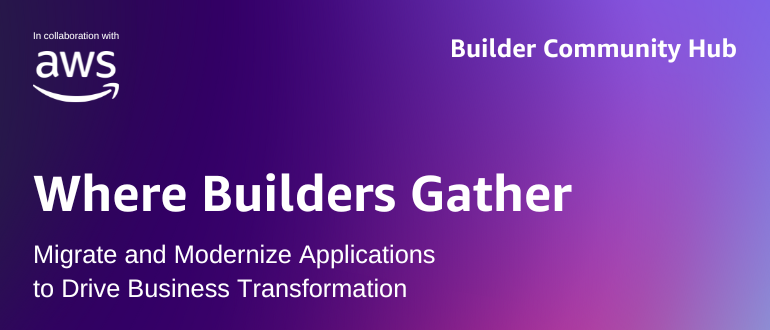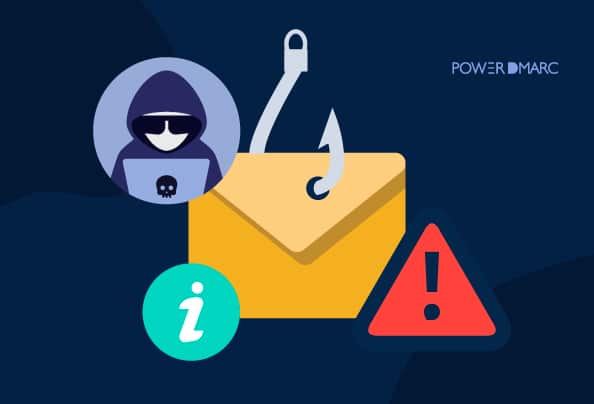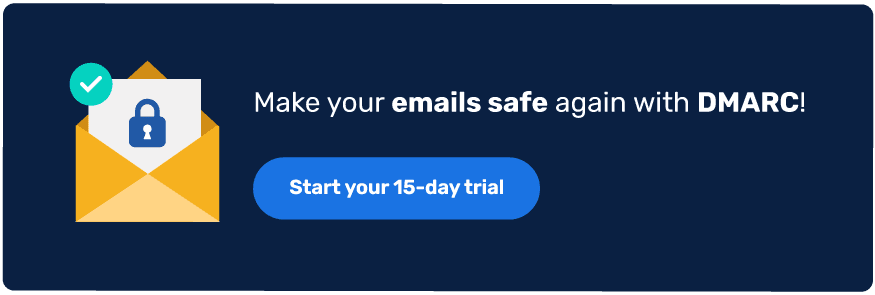
现代互联网在促进交流和信息共享的同时也带来了安全问题。网络钓鱼攻击不断进化,利用心理操控获取敏感信息;匿名工具如VPN和Tor虽能增强隐私保护但并非绝对安全。暗网的匿名性存在漏洞,可能被执法机构追踪。尽管有多种措施可提升在线安全与匿名性,但完全隐藏身份仍具挑战。 2025-3-10 14:46:35 Author: securityboulevard.com(查看原文) 阅读量:1 收藏

The modern internet functions as an essential framework that enables communication and commerce and the exchange of information between users. These convenient facilities create major security issues, which include email phishing and anonymity-related problems. Modern email phishing schemes have become more clever as cybercriminals send deceptive emails to personal and business emails to acquire sensitive information. Private individuals who want to remain anonymous find the darknet appealing at the same time while seeking solutions to protect their anonymity. The question arises: Can you completely hide from attackers, or is true online anonymity just an illusion?
Key Takeaways
- Phishing Attacks Are Evolving: Cybercriminals use advanced tactics like spear phishing and BEC to steal sensitive data, posing risks to privacy.
- Anonymity Tools Have Limits: While VPNs, Tor, and proxies enhance online anonymity, they aren’t foolproof and can be exploited.
- Darknet Anonymity Isn’t Absolute: Law enforcement can uncover identities through traffic analysis, browser flaws, or user mistakes.
- Proxies and VPNs Boost Privacy: Residential and rotating proxies help mask identities but aren’t 100% secure.
- AI-Driven Threats Are Rising: AI-powered phishing and deepfake attacks make it harder to distinguish real from fake communications.
- Balance Privacy and Security: Online anonymity protects activists but also enables cybercrime, sparking ethical debates.
Phishing Attacks: Methods and Evolution
Phishing is a type of cyberattack in which senders use fraudulent emails to make recipients breed confidence and then ask for sensitive information such as login credentials, financial information, or company data. The emails usually look genuine but can be coated with fake logos of well-known organizations or sender IDs similar to existing contacts.
Phishing strategies have progressively developed over the years and include social engineering and psychological manipulation. The attackers use personal emotions such as thirst for money, fear, or curiosity to make the victims visit the provided links or download the given attachments. The most frequent types of phishing attacks are:

- Spear phishing – Targeted attacks are employed to target particular names or companies.
- Whaling – Targeted towards high-risk individuals like company managers and political leaders.
- Clone phishing – The attackers send a copy of normal emails and then modify the content to include harmful links or attachments.
- Business Email Compromise (BEC) – Criminals fake corporate leadership roles to manipulate staff into performing financial transactions that are not authorized.
To enhance online privacy, one option is to buy fast proxy, which helps maintain anonymity and security.
The Role of Online Anonymity in Cybersecurity
Online anonymity is a two-edged sword in the context of cybersecurity. There are two different ways through which anonymity can be viewed in the context of cybersecurity. On the one hand, it can offer protection to individuals against cyber threats, censorship, and surveillance. On the other hand, it can also help cybercriminals to carry out their crimes and go undetected. The primary concern of many people is privacy, and to achieve it, they turn to tools such as VPNs, Tor, and anonymous email services. However, these measures are not foolproof. Despite the highly sophisticated security systems being used today, there are still some risks that exist that cybercriminals can take advantage of to commit various crimes, such as phishing.
Proxies are some of the best ways to help you maintain your anonymity on the web
Proxies: A Tool for Online Anonymity
Using proxies is one of the best ways to protect your identity on the internet. Proxy servers sit in the middle of your connection to the internet and change your IP address, making it more difficult for others to identify you. There are different types of proxies, including:

- Residential proxies – These pass the traffic through real residential IP addresses that are difficult to detect.
- Datacenter proxies – They are Faster and cheaper but more likely to be caught or blocked.
- Rotating proxies – They change the IP addresses frequently and are great for anonymity.
Anonymity on the Darknet: Myths and Realities
Can You Hide from Attackers on the Darknet Without Being Identified?
It is important to note that the dark web is often linked with anonymity, but this is not the whole truth. Although it offers a certain level of protection, it is not bulletproof. It is important to note that law enforcement agencies and cybersecurity experts have come up with ways of identifying the real identity of the users on the dark web.
Some of the ways in which darknet users can still be exposed include:
- Traffic analysis – Tracking the behavior of the network and the traffic within the network to identify the caller’s location.
- Browser vulnerabilities exploitation – The attackers can use malware or weaknesses in Tor to unmask a user and reveal his or her real identity.
- OpSec mistakes – This is where users use the same usernames, passwords, or email addresses across different platforms, which can make them easily identifiable.
Some of the most sophisticated cybercriminals have also been caught because of small operational security mistakes. This shows that while privacy tools offer a good level of anonymity, they are not 100 percent effective.
Staying Safe and Anonymous: Essential Tips
To decrease the chances of phishing attacks and keep the level of online anonymity high, the following security measures should be observed:
- Using Encrypted Email Services – ProtonMail and Tutanota are some email services that have end-to-end encryption of emails sent through the service provider’s domain.
- Avoiding Clickbait and Suspicious Links – Most phishing attacks work on the principle that the victim will click on a link. It is advisable to check the authenticity of any link before you click on it.
- Configuring Email Authentication – Email authen
- Implementing Multi-Factor Authentication (MFA) – This is because with email accounts, an additional security feature is put in place to prevent unauthorized access to the account.
- Updating Software and Security Patches Regularly – This makes the system secure as it covers all the known vulnerabilities the attackers would use.
- Safe Browsing: Using the Tor network or a VPN can help to conceal one’s location and prevent tracking.
- Protecting Against Social Engineering Attacks – Phishing schemes depend on psychological manipulation. It is important to be careful when handling unsolicited emails that ask for sensitive information.
The Limitations of Cybersecurity and the Evolving Threat Landscape
Cybersecurity measures are not always 100% effective, and no system is completely secure. New methods are being created by attackers to outsmart security systems. Even the most secure people can be hacked if they are not careful. For instance, AI phishing attacks are becoming harder to differentiate from the original communication. It is also possible to create very personalized emails to fool recipients thanks to machine learning. Also, the technology that can create fake voices and video calls is being used to create social engineering attacks that are almost indistinguishable from the real ones.
The Ethical Dimensions of Online Anonymity
Anonymity is indeed a valuable asset for many reasons, including protecting whistleblowers, journalists, and political activists. However, it also gives cover to cybercriminals who are involved in criminal activities. Another challenge that governments and cybersecurity experts face is balancing privacy and security. Debate on regulating the dark web and enhancing cybersecurity is always accompanied by discussions on individual rights and privileges. Although increased surveillance can help to prevent cybercrimes, it can also be regarded as an infringement on privacy.
Summing Up
The online anonymity versus security issue remains unresolved. It is, therefore, possible to take several measures to protect oneself from phishing and other online threats and, at the same time, maintain anonymity. Risk is always present, cyber threats are still evolving, and even the best systems can be breached by people or through loopholes.
Individuals and businesses should practice good cyber hygiene, use secure communication channels, and anonymize their traffic through proxies and VPNs to protect themselves. However, the most successful way to protect against phishing and other cyberattacks on the darknet is to stay informed and alert.

*** This is a Security Bloggers Network syndicated blog from PowerDMARC authored by Ahona Rudra. Read the original post at: https://powerdmarc.com/phishing-online-anonymity-darknet/
如有侵权请联系:admin#unsafe.sh

